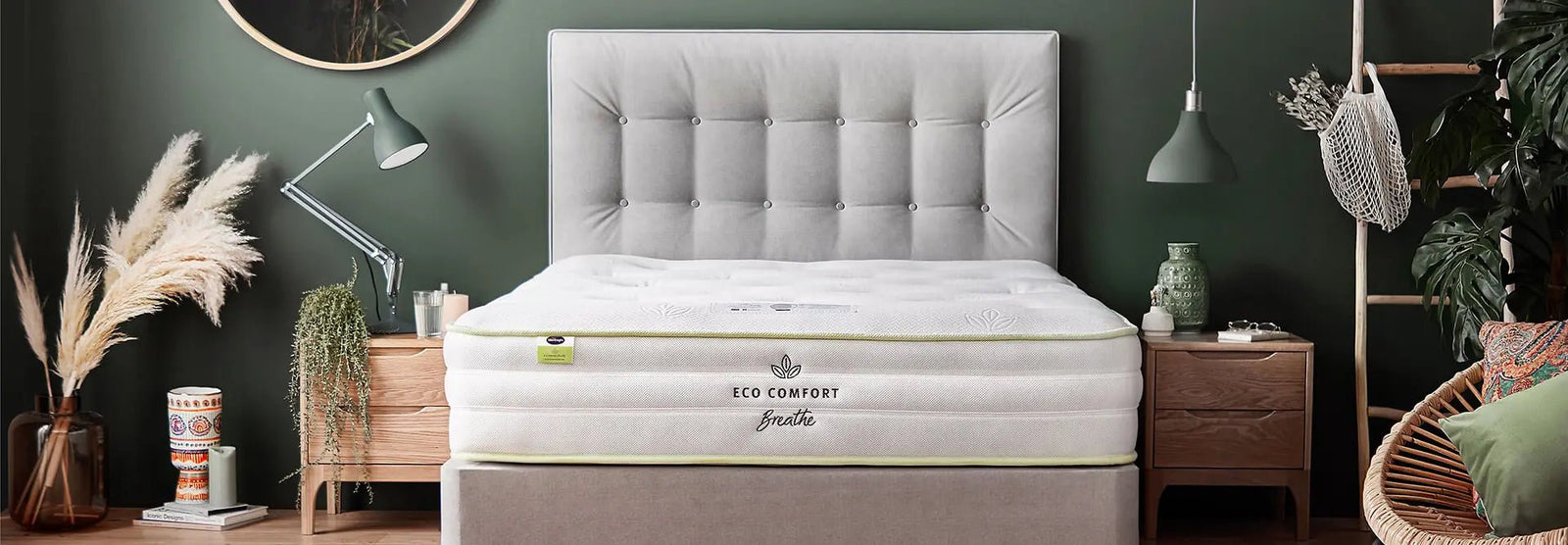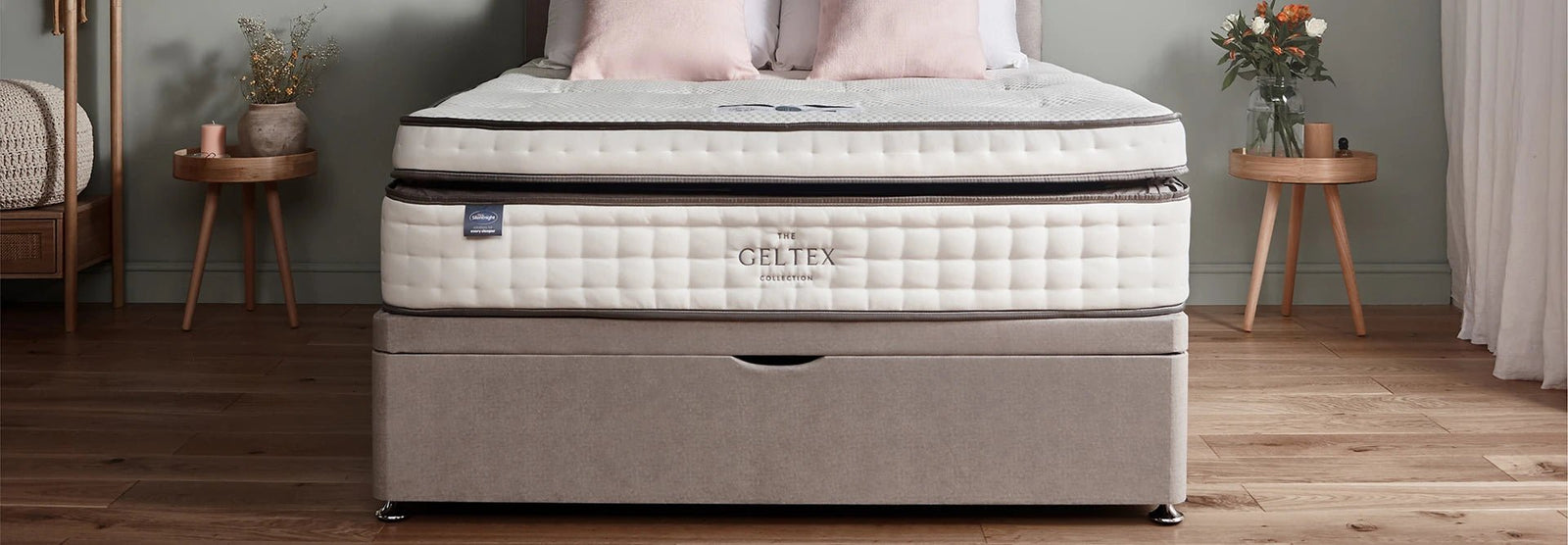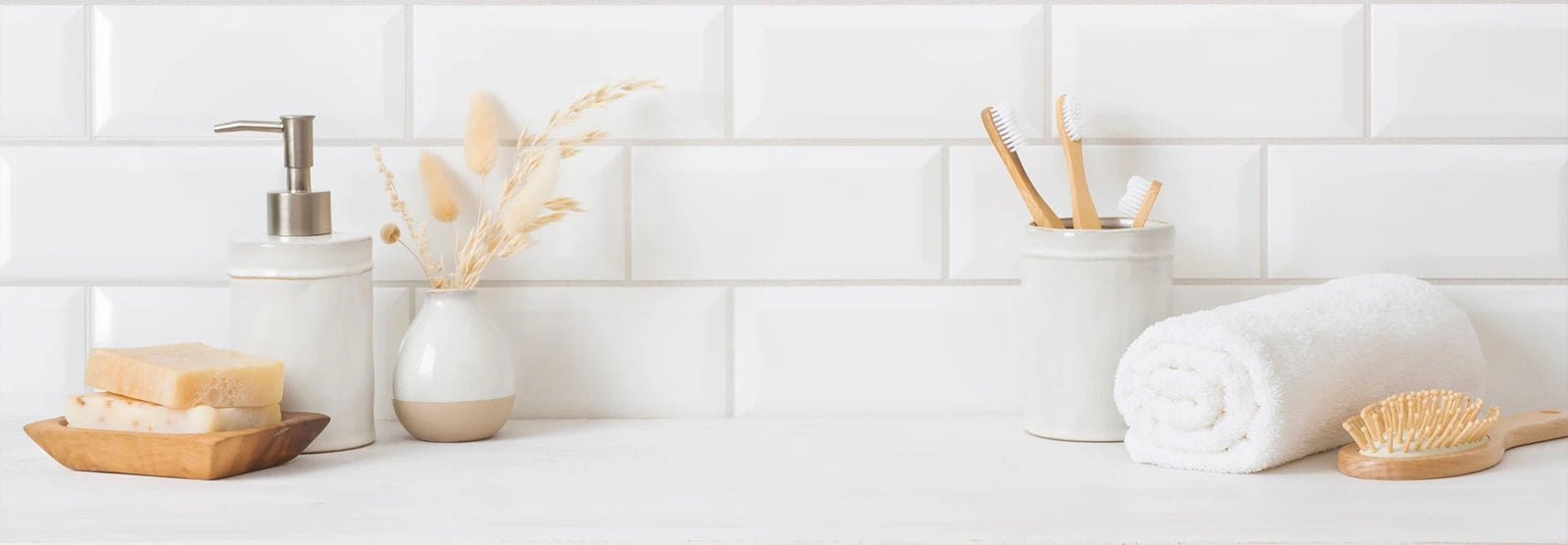Why Bamboo Bedding

Bamboo bedding is an eco-friendly and sustainable bedding option that is rapidly gaining popularity in the market. The use of bamboo fabric in bedding has numerous benefits over traditional cotton or synthetic fabrics. Bamboo bedding is not only soft and comfortable, but it is also durable and has many health benefits.
Bamboo bedding is incredibly soft and luxurious. Bamboo fabric is naturally hypoallergenic, which makes it an ideal choice for those with sensitive skin or allergies. The fabric is also moisture-wicking and breathable, which means it helps to regulate body temperature and keep you cool and dry throughout the night.
Another benefit of bamboo bedding is that it is extremely durable. Bamboo fibers are stronger than traditional cotton fibers, which means that they can withstand more wear and tear over time. Additionally, bamboo bedding is resistant to pilling, fading, and shrinkage, which means that it will look and feel like new for longer.
Bamboo bedding is also easy to care for. It can be machine washed and dried, and it does not require any special detergents or fabric softeners. The fabric is naturally wrinkle-resistant, which means that it can be hung to dry without the need for ironing.
In addition to being sustainable, comfortable, and durable, bamboo bedding also has numerous health benefits. Bamboo fabric is naturally antibacterial and anti-fungal, which means that it helps to prevent the growth of bacteria and other harmful microorganisms that can cause skin irritation or infections. Additionally, bamboo fabric is resistant to dust mites, which can be a common allergen in traditional bedding.
Overall, bamboo bedding is an excellent choice for eco-conscious consumers who are looking for a comfortable, durable, and sustainable bedding option. With its soft and luxurious feel, natural hypoallergenic properties, and numerous health benefits, bamboo bedding is sure to provide a restful and rejuvenating night's sleep.
Also in your guide to better sleep

How to clean a mattress

What is a bed base? Bed bases explained

